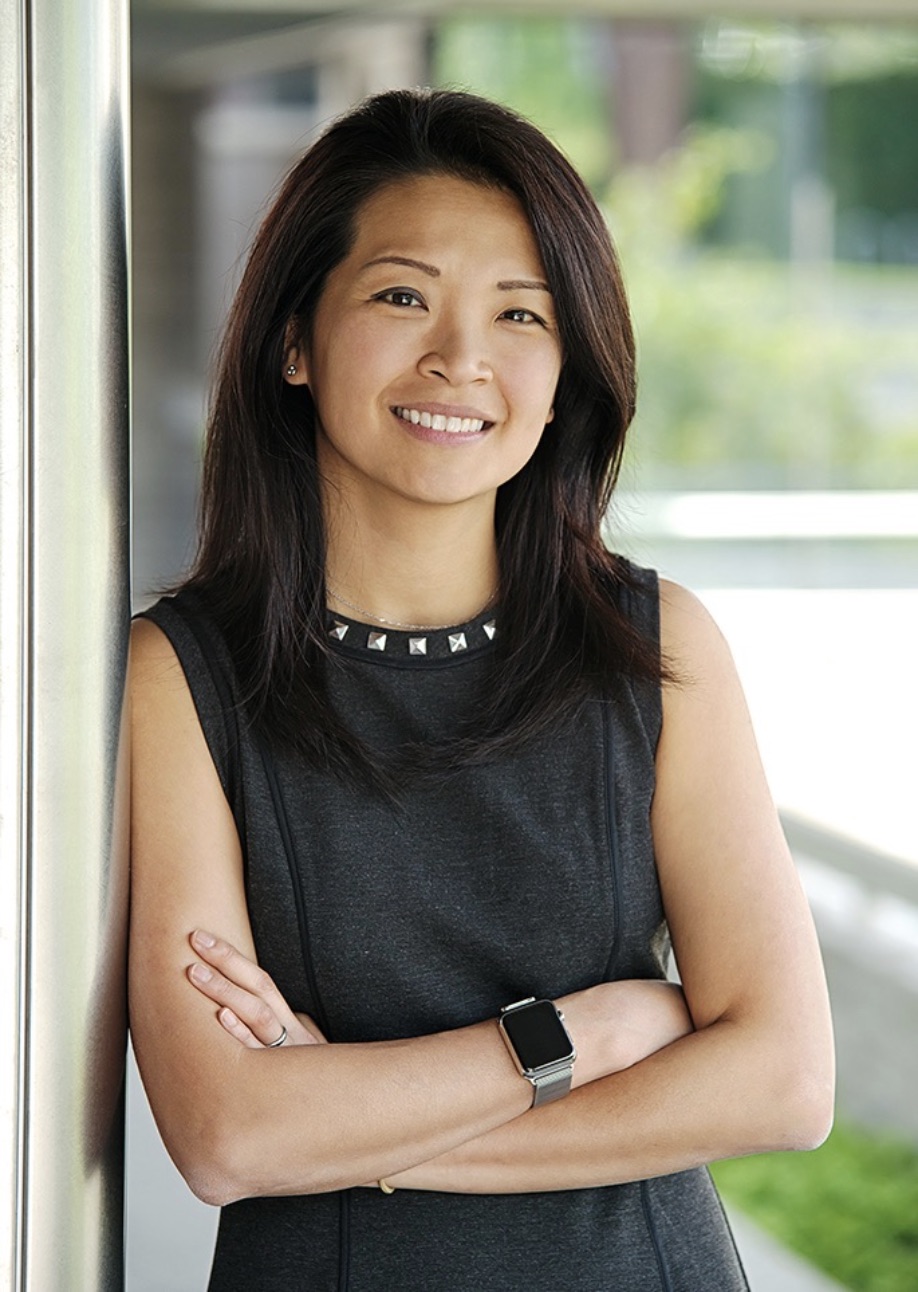
19 Jul TSRC Town Talk: “Getting to Zero: How fast can we reduce carbon emissions?,” 7/23
The Telluride Science Research Center hosts Dr. Lynn Loo. Her talk, titled “Getting to Zero: How fast can we reduce carbon emissions?” continues a seven-week series of Town Talks presented by TSRC. The event takes place at the Telluride Conference Center in Mountain Village on Tuesday, July 23, 2019, 6:30 p.m. Admission is free; cash bar opens at 6 p.m.
Each talk is followed by an interview and Q &A session moderated by Emmy- and Peabody Award-winning television correspondent and professor emerita of broadcast journalism at USC’s Annenberg School of Communication and Journalism, Judy Muller.

Dr. Lynn Loo, by David Kelly Crow.
BREAKING NEWS: Captains of industry and academics team up to tackle climate change.
R. Stephen Berry is co-founder of the Telluride Science Research Center. Every years one of the TSRC scientists receives an honor in his name. Dr. Lynn Loo is the 2019 R. Stephen Berry lecturer. And, on Tuesday, July 23, 6:30 p.m., the Princeton University engineering professor speaks about one of today’s hottest (no pun intended) topics: climate change. Loo’s talk is titled “Getting to Zero: How Fast Can We Reduce Carbon Emissions?”
Professor Loo is Director of Princeton University’s Andlinger Center for Energy and the Environment, an interdisciplinary research center that is tackling climate change challenges by developing energy technologies, and by bringing together scientists, engineers, social scientists, CEOs of industry, and entrepreneurs, who collaborate to find systemic solutions.
All too often the debate on decarbonization is positioned around climate activists who advocate for the immediate implementation of 100% renewable energy. CEOs of industry tend to resist their initiatives to protect legacy capital investments and economic profits. The Andlinger Center’s approach to the problem is pragmatic, rather than dogmatic. Its focus is on developing realistic and actionable solutions.
While very good, wind and solar alone can’t be the only answers to decarbonizing global economies quickly. Instead, researchers at the Andlinger Center look at all practical options: wind and solar of course, but also nuclear power, large-scale hydroelectric power, even the continued use of natural gas in the near term to ensure the reliability of the energy grid. Advancing this, a broad range of technologies, combined with strategies for adoption and implementation, is a formula for success.
An example of one of the Andlinger Center’s commonsense initiatives is a multi-pronged global research project called Rapid Switch. “Here, ‘Rapid’ refers to pace and ‘Switch’ refers to a transition from a carbon-intensive global economy to a low-carbon global economy,” said Loo.
What makes Rapid Switch different from other studies is that it addresses the pace at which change can realistically occur. It also identifies where bottlenecks and hotspots are located. The study puts emphasis on India and China since those countries will have a unique ability to impact global decarbonization because of their massive populations and anticipated economic growth. The Andlinger Center is partnering with academics and NGOs in India and China to do the groundwork that will be presented to the policy-makers and regulators who make decisions in those countries.
On the domestic side, Rapid Switch is also an umbrella to a study that plans to estimate the cost of building the infrastructure necessary to decarbonize the U.S. economy by 2050. The project will offer candid information to key stakeholders – decision- and policy-makers, investors, industry leaders – about what the execution bottlenecks of getting to a zero-carbon society could be. The initiative will address such topics as the effects on the economy, labor force, and the development of a realistic timeline for change. It will contextualize challenges and opportunities that such a plan can offer, as well as provide information for developing realistic public policy.
Princeton E-filliates Partnership is another program the Andlinger Center administers. It is a corporate affiliates program designed to bring business practitioners and academics together. Companies in the energy and water sectors bring a different perspective to the conversation by emphasizing issues such as scaling-up technologies, safety and the economic viability of different solutions. Parties engaged in such discussions tend to build silos around their work. E-filliates helps to break those silos down.
The Andlinger Center also works with entrepreneurs to help them get startups off the ground. Both faculty and students have founded companies devoted to researching and producing energy-efficient technologies that, if deployed at scale, could offer a path to a low-carbon future. Professor Loo herself founded a company in 2017, Andluca Technologies, which is developing self-powered smart windows that reduce energy use by enabling users to control the amount of light and heat coming through the windows.
Professor Loo makes it very clear that in order to combat the forces of climate change, we must be willing to utilize many different strategies:
“It’s [an] all hands on deck [situation] from a technology perspective…All these are going to be important,” says Loo. “Addressing climate change is a race against time.”
In her Town Talk, Professor Loo will layout a potential road map for winning the race.
TSRC & Town Talks, more:
TSRC Town Talks are free public presentations by world-renowned scientists on topics of great current importance in science, technology, education, and public policy. Each scientist’s talk is followed by an interview and Q&A session moderated by Emmy- and Peabody Award-winning television correspondent and professor emerita of broadcast journalism at USC’s Annenberg School of Communication and Journalism, Judy Muller.
With a network of over 5,000 preeminent scientists from over 90 countries and 500 institutions, TSRC generates the fundamental knowledge-base for new solutions in many fields, including energy, medicine, water, climate, national security, and advanced materials for computing and manufacturing.
To learn more about TSRC and the capital campaign to purchase the Telluride Depot as TSRC’s permanent home, visit telluridescience.org.


Sorry, the comment form is closed at this time.